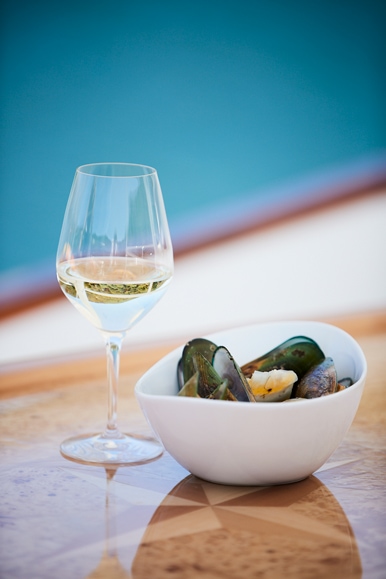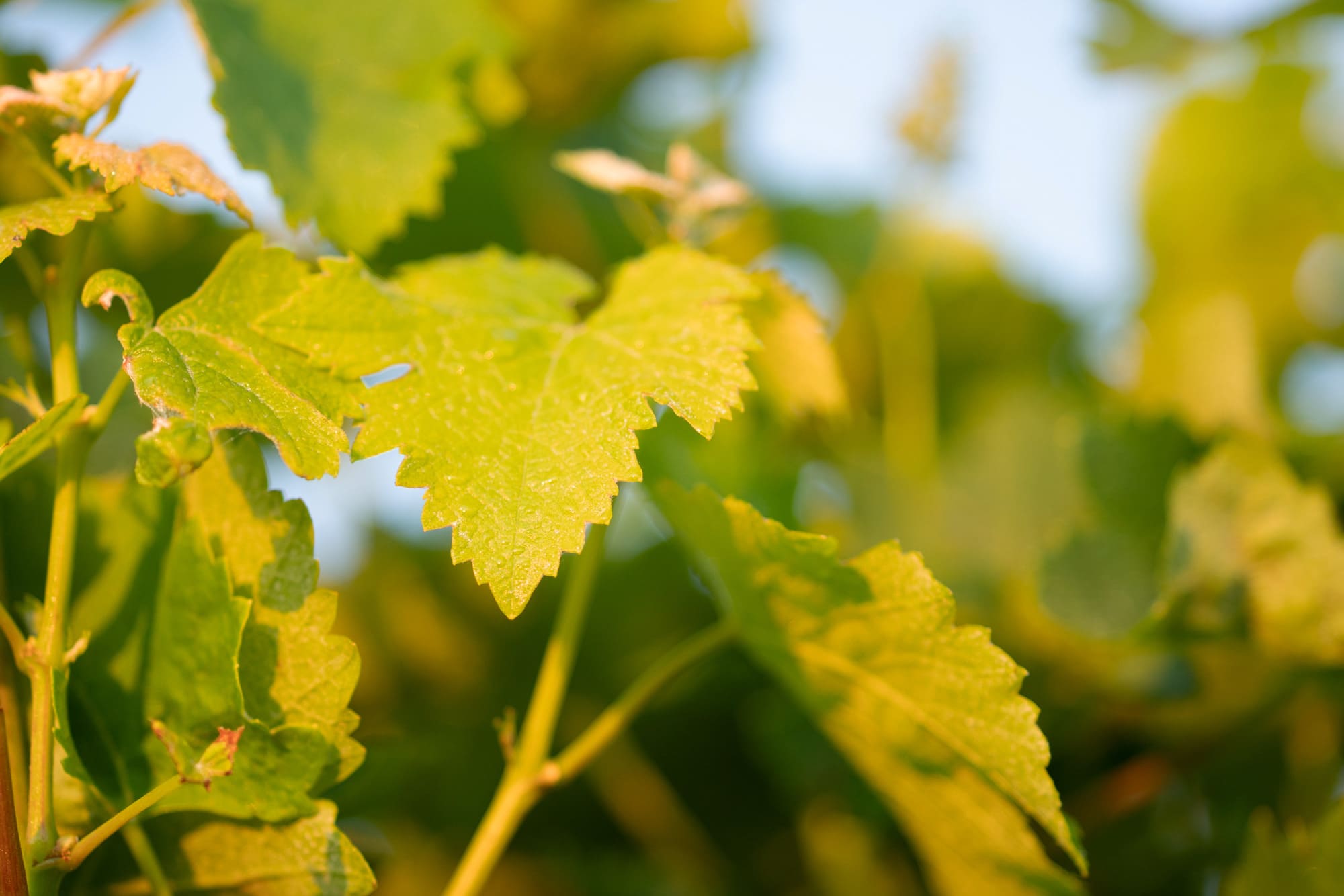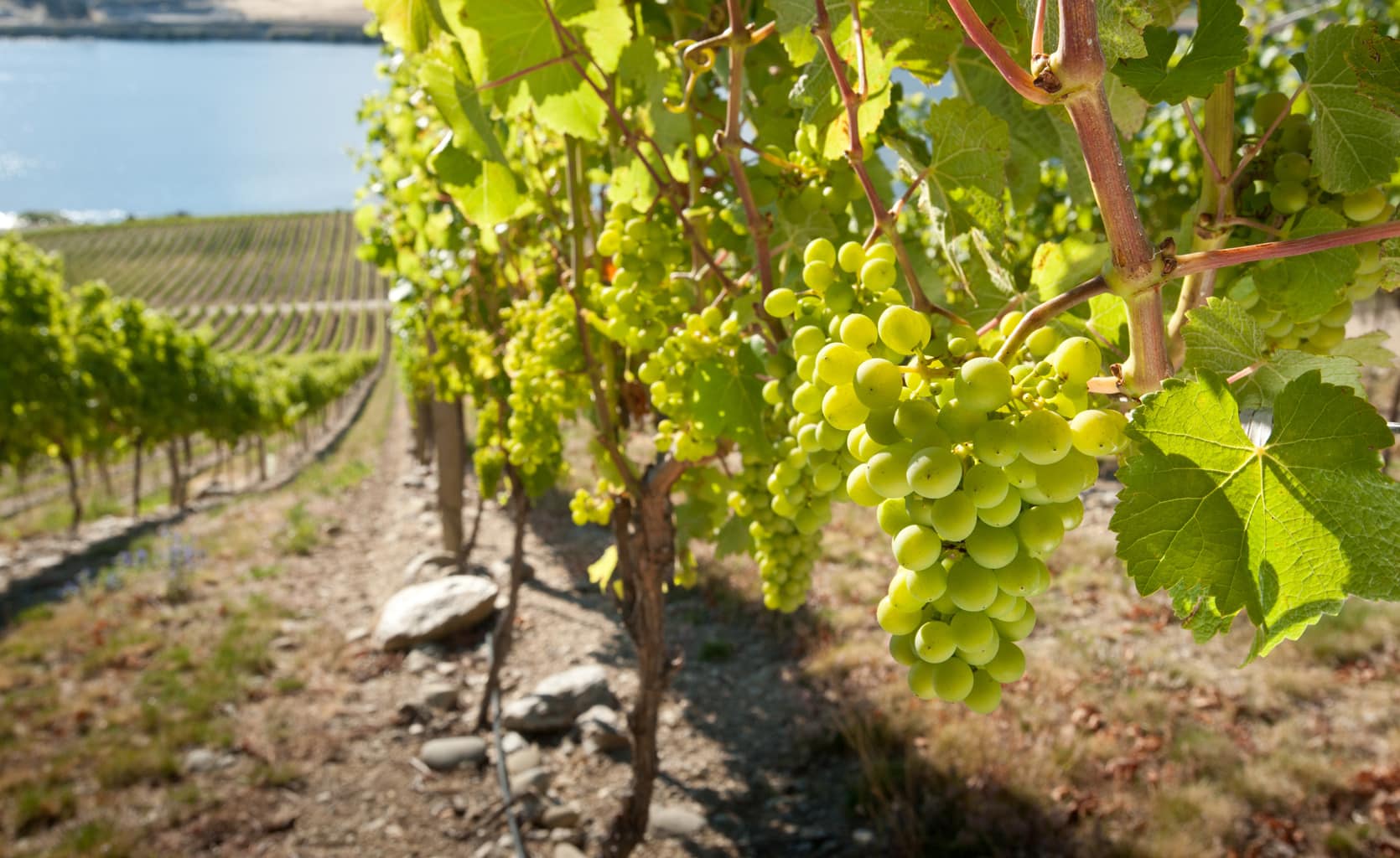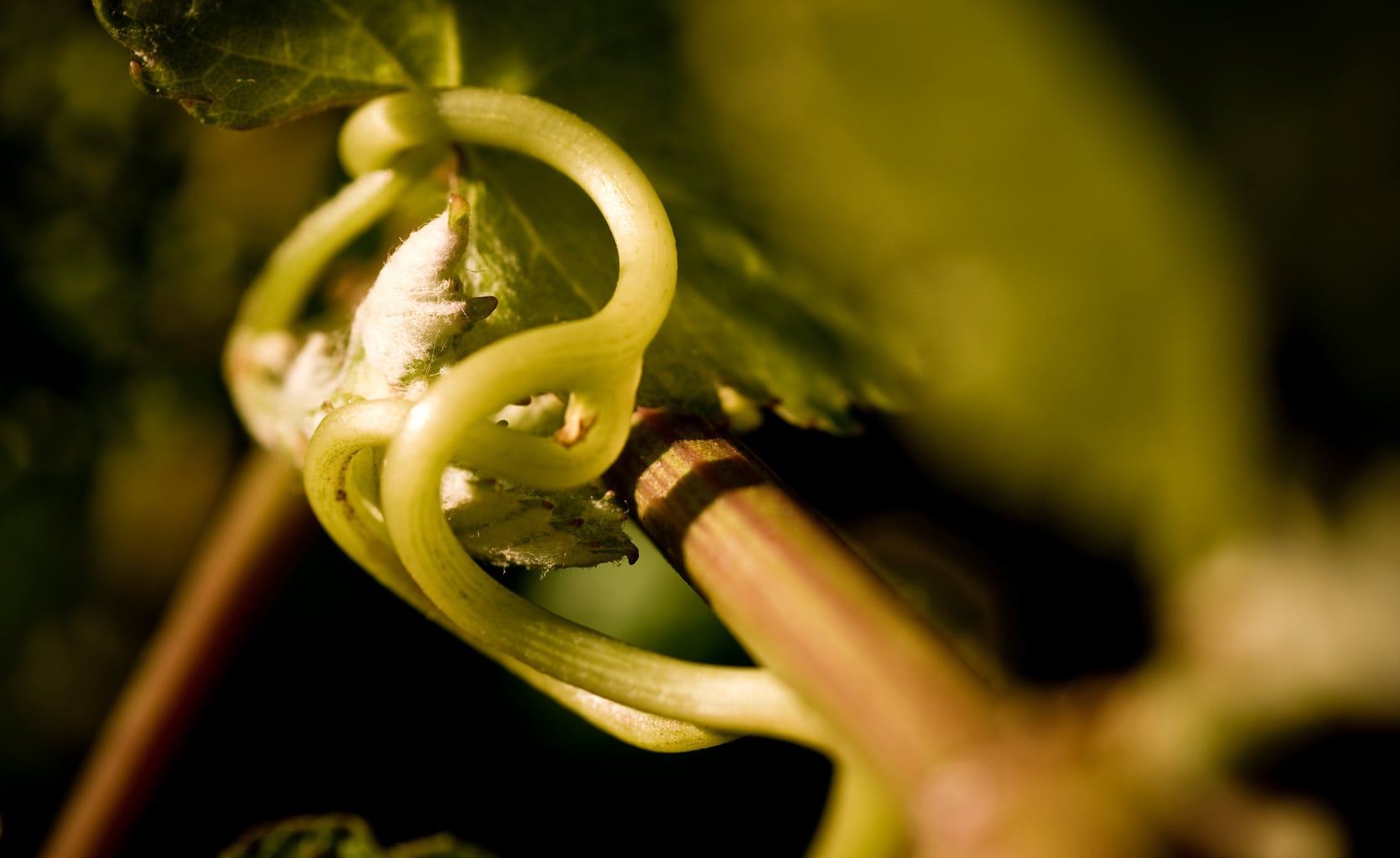In May, Bragato Research Institute invited researchers to submit Expressions of Interest to undertake new research projects with wide benefits for the New Zealand wine industry. This year, we sought research proposals that supported wine industry members to address shorter-term challenges, especially cost pressures.
Thank you to everyone who applied in this round. Our Research Governance Committee assessed each application and provided their recommendation to the Board for approval on 26 June. There were a large number of applications in this funding round and the amount requested exceeded the funds available.
We are delighted to announce the six projects that have been approved for funding by Bragato Research Institute this year.
Elemental sulphur persistence on grape and mitigation strategies
Lead researcher: Dr Leandro Dias Araujo, Lincoln University
Reduction faults caused by volatile sulphur compounds pose significant challenges for winegrowers, with elemental sulphur – a fungicide commonly used in viticulture – contributing to these issues. Despite its widespread use, the persistence of sulphur residues on New Zealand grapes remains under-researched, and associated risks are inadequately monitored and controlled. This project aims to provide applicable knowledge to viticulturists and winemakers, enhancing their ability to manage sulphur use effectively while maintaining the renowned quality of New Zealand wines.
The project aims to fill knowledge gaps by studying elemental sulphur residue prevalence and persistence in New Zealand vineyards and the relevant factors driving its accumulation. Through comprehensive surveys and controlled field trials, we will investigate factors such as application rates, particle size, weather patterns, and viticultural practices. The objective is to identify optimal management techniques that balance effective powdery mildew control with minimal sulphur residue.
Increasing financial sustainability of Chardonnay in Hawke’s Bay through long spur pruning to increase yield
Lead researcher: Chandré Honeth, Eastern Institute of Technology
Hawke’s Bay winegrowers and researchers from Eastern Institute of Technology have been attempting to increase the productivity of Chardonnay, the region’s flagship white variety. The outcomes of Bragato Research Institute’s long spur trial on Marlborough Sauvignon blanc, which showed the potential for reduced labour inputs at a similar yield and quality when compared to cane pruning, could help address the challenges the region is facing. This trial in collaboration with Bragato Research Institute investigates long spur pruning on Chardonnay to see whether the technique could provide increased yield while retaining quality.
Long spur pruning as an alternative for Marlborough Sauvignon blanc (extension)
Lead researcher: Yuichi Ando, Bragato Research Institute
Bragato Research Institute has run a three-year project that compares the yields, disease status, management costs and economic performance of Marlborough Sauvignon blanc under two management systems – the standard cane pruning and the alternative long spur pruning. The initial three-year objective data showed a good potential, which has a lower labour requirement and is more suited to mechanisation, as a viable alternative to cane pruning in Marlborough. This project extension will provide a further two years of yield-focused observations to determine whether the positive results from the initial study will continue over time, providing a useful decision-making tool for grape growers to adopt or not adopt this technique.
Evaluation of the short-term impact of remedial surgery on grapevine trunk disease and vineyard sustainability
Lead researcher: Dr Eline van Zijll de Jong, Linnaeus Ltd
Research organisations: Linnaeus Ltd, South Australian Research and Development Institute, and Sutton McCarthy Ltd
Supported by New Zealand Winegrowers and the Bragato Research Institute, Drs Eline van Zijll de Jong and Mark Sosnowski, along with the Indevin team, have been researching best practice for managing grapevine trunk disease through remedial surgery. Over the past 5 years, comprehensive data has been gathered from commercial vineyard blocks on the progression of trunk disease in mature vines, the distribution of staining and associated pathogens throughout the trunk, as well as the impact on new trunk recovery and subsequent yields following remedial surgery.
This extension project will monitor the health and productivity of reworked Merlot and Sauvignon blanc vines over the next two years. This data will serve as the foundation for an economic model aimed at quantifying the cost-effectiveness of remedial surgery and other trunk disease management strategies. The financial implications of delaying intervention will be explored, providing additional insights alongside the economic model to assist growers in making informed decisions on managing grapevine trunk disease.
Rapid detection of fungicide-resistance in grapevine powdery mildew in New Zealand
Lead researcher: Dr Yusmiati (Cen) Liau, Bragato Research Institute
Grapevine powdery mildew is one of the most dominant fungal diseases of grapevine worldwide, caused by the obligate biotrophic parasite Erysiphe necator. If untreated, it causes significant yield loss, as even minor infections of berries have a detrimental effect on wine quality. The standard management practice of multiple fungicide applications per growing season causes risk of fungicide resistance and subsequent loss of ability to control E. necator.
This project aims to develop a robust and straightforward molecular diagnostic tool to screen for genetic variants associated with fungicide resistance in E. necator as a means for early and rapid detection of resistance issues developing in vineyards. The proposed genetic-based approach offers a promise of routine screening to enable deeper insights into powdery mildew resistance for efficient disease management. This innovative method could contribute to enhanced sustainability and competitiveness in viticulture.
Graft-derived drought tolerance: identifying and functionally characterizing graft-transmitted elements
Lead Researcher: Dr Yusmiati (Cen) Liau, Bragato Research Institute
Rootstocks are an important component of viticulture, with choices often based on experience and current vineyard conditions. Bragato Research Institute recently established a rootstock trial block in Marlborough consisting of Sauvignon blanc (SB) vines grafted onto 15 rootstocks, with the aim of identifying rootstocks with improved performance under water deficit.
Using the trial block, this new project aims to build knowledge on rootstock-scion molecular communication in grafted SB vines, focusing on small RNA molecules. RNAs play important roles in plant gene regulation and have been reported to move bilaterally across graft junctions, and potentially act as signal molecules contributing to traits of the scions of grafted plants.
This project aims to identify and functionally characterise these RNA molecules, that contribute to the phenotypic traits of two rootstocks with contrasting drought tolerance properties under water deficit conditions. These can serve as genetic markers for grapevine scion and rootstock breeding or as targets for grapevine improvement approaches.
While these research proposals were intended for research providers, we encourage winegrowers who wish to discuss a project idea to contact us at info@bri.co.nz anytime.

















